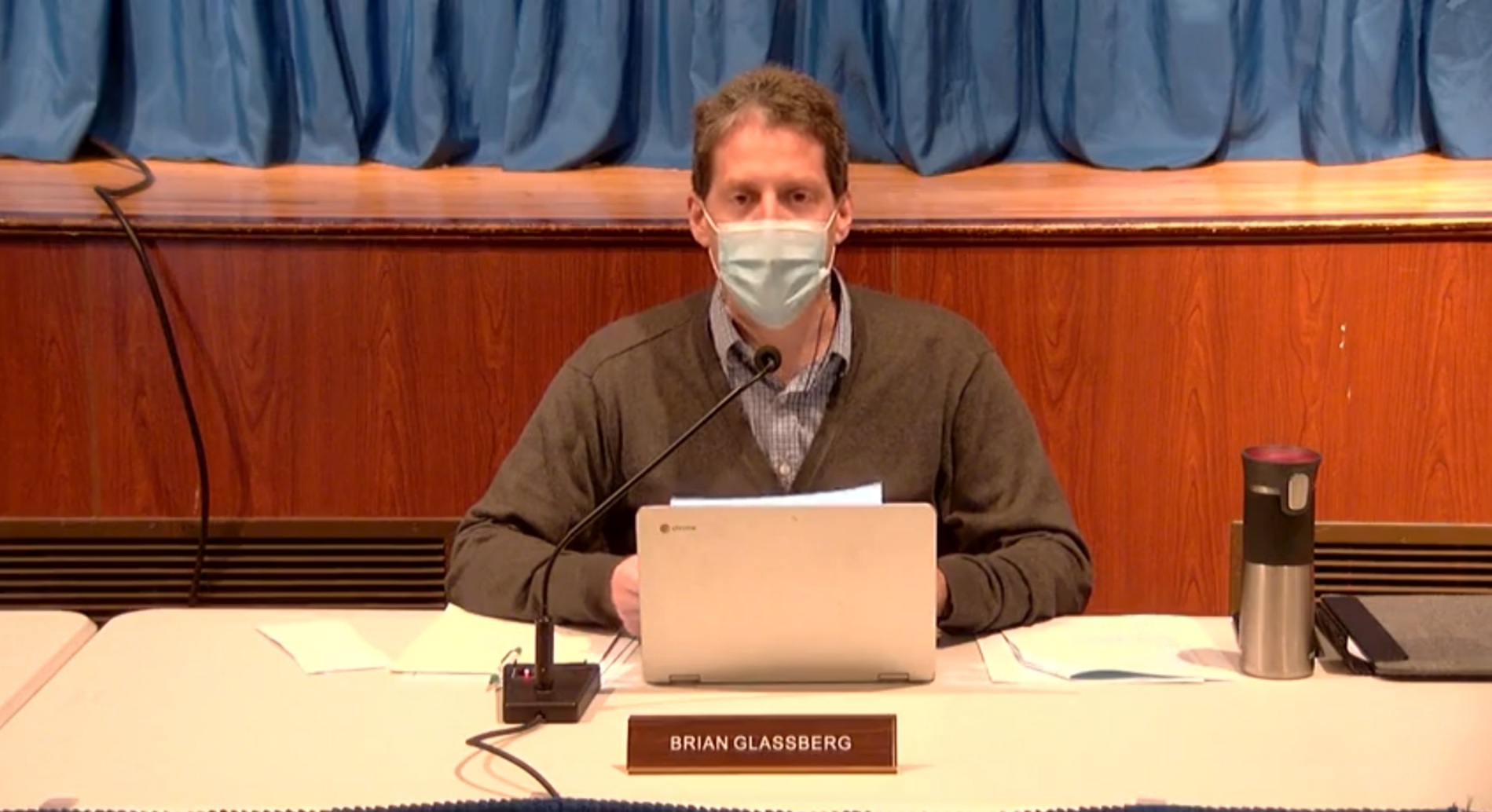METUCHEN – The Metuchen Board of Education reorganized with a focus on moving the district forward as the beginning of the COVID-19 vaccine roll out marks the beginning of the end to the pandemic.
“We’re experiencing a shared trauma and we’re all doing our best to get through it, but I also believe we owe it to the students to do more than just get by, we have to move forward and improve,” board member Brian Glassberg said during his president remarks.
Glassberg was elected board president and Chris Derflinger was elected board vice president at the reorganization meeting on Jan. 5.
To move the district forward, Glassberg touched on three areas of focus: modernize facilities, equity in education and communication.
Modernize facilities
Before the novel coronavirus pandemic, the district was on track to expand and bring facilities up to date through a bond referendum. Previous referendums for facilities were in 1999 and 2005.
“Those bonds expire in 2024 and 2027,” Glassberg said. “The Facilities Committee met in public with parents and teachers to identify the needs of each school. Board members discussed cafeteria space, small group meeting space, grade realignment of our schools and yes finally [the implementation of] full day kindergarten.”
Glassberg noted the current high school cafeteria has remained the same size since he graduated from Metuchen High School in 1991 despite a 50% increase in class sizes since then.
“Shared gyms and cafeterias at our other schools restrict class offerings and schedules, lunch begins for some students shortly after 10 a.m.,” he said. “I plan to return to our wish list of items as well as examine whether the pandemic has surfaced any new areas in need of attention.”
Board officials will then work toward a target date for a new referendum, ideally in the middle of 2022, Glassberg said.
“This board has been extremely mindful of the impact of school taxes for residents of Metuchen,” he said. “Aligning the referendum with an expiration of a bond can minimize the tax impact and [allow us to] seek improvements of our school needs.”
Equity in Education
Glassberg said the issue of equity in education has been at the forefront of his efforts for more than 25 years in education whether highlighting disparities in test scores by race, encouraging science labs for all students, not just for honor students, or encouraging difficult conversations between counselors, teachers and students about critically important issues such as Black Lives Matter and LGBTQ (lesbian, gay, bisexual, transgendered, and queer) matters.
“I know we cannot accept the status quo when it comes to equity, racial injustice and education,” he said. “This past year we saw significant positive steps in curriculum changes. Our district also joined the CJ Pride organization that will help us diversify our applicant pool for hiring. We should always choose the best candidate for the job, but all students can benefit engaging with a more diversified staff.”
To ensure the board’s commitment to equity and racial injustice, Glassberg is establishing the Equity Committee, which will align with the district’s Equity and Racial Injustice Committee, to bridge the gap between curriculum and policy making.
There is a growing educational divide across the country exacerbated, but not paused by COVID-19, Glassberg said.
“Students with learning disabilities, those whose parents have to go to work in person, those with mental health concerns and students with spotty internet connections are negatively impacted by remote learning,” he said. “These are also issues of equity. Schools are the lifeblood of a community, we need to provide as much support as we possibly can to ensure equity in education regardless of race, gender, ethnicity, economic status or learning disability.”
Communication
Glassberg said the district and board must continue to improve its communication and promote an open dialogue with staff, parents and community. He encouraged the community to use the three public comment portions available at the board meetings.
“Our website was revamped over the last year, but we are always working to improve user experience and district communications,” he said. “We value our relationship with our teachers and students. We should build on the collaborative process that has been established and make sure our communications are meaningful for the staff and board.”
During the reorganization meeting, Glassberg, Hazel-Anne M. Johnson-Marcus and Dan Benderly were sworn in to their seats on the board. The incumbents won the three, three-year seats that were uncontested during the Board of Education race on Nov. 3.

